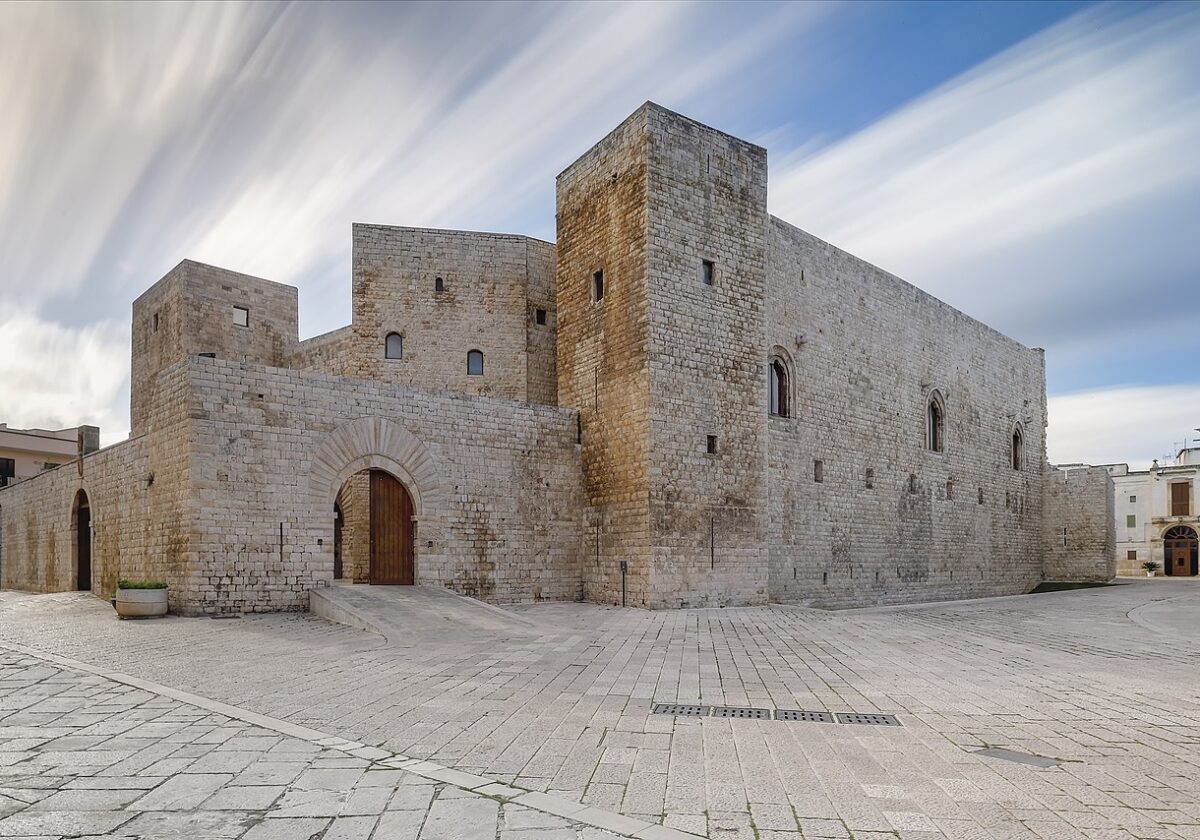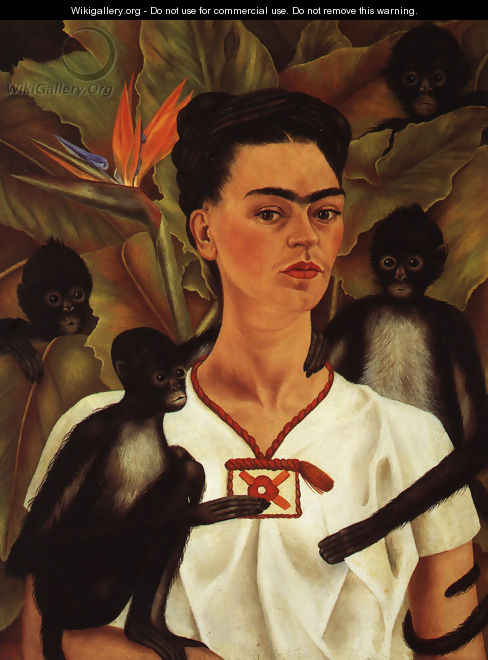In this stunning work of historical fiction, Laila Lalami brings us the imagined memoirs of the first black explorer of America—a Moroccan slave whose testimony was left out of the official record.
In 1527, the conquistador Pánfilo de Narváez sailed from the port of Sanlúcar de Barrameda with a crew of six hundred men and nearly a hundred horses. His goal was to claim what is now the Gulf Coast of the United States for the Spanish crown and, in the process, become as wealthy and famous as Hernán Cortés.
But from the moment the Narváez expedition landed in Florida, it faced peril—navigational errors, disease, starvation, as well as resistance from indigenous tribes. Within a year there were only four survivors: the expedition’s treasurer, Álvar Núñez Cabeza de Vaca; a Spanish nobleman named Alonso del Castillo Maldonado; a young explorer named Andrés Dorantes de Carranza; and Dorantes’s Moroccan slave, Mustafa al-Zamori, whom the three Spaniards called Estebanico. These four survivors would go on to make a journey across America that would transform them from proud conquis-tadores to humble servants, from fearful outcasts to faith healers.
The Moor’s Account brilliantly captures Estebanico’s voice and vision, giving us an alternate narrative for this famed expedition. As the dramatic chronicle unfolds, we come to understand that, contrary to popular belief, black men played a significant part in New World exploration and Native American men and women were not merely silent witnesses to it. In Laila Lalami’s deft hands, Estebanico’s memoir illuminates the ways in which stories can transmigrate into history, even as storytelling can offer a chance for redemption and survival.
Laila Lalami was born and raised in Morocco. She is the author of the short story collection Hope and Other Dangerous Pursuits, which was a finalist for the Oregon Book Award, and the novel Secret Son, which was on the Orange Prize long list. Her essays and opinion pieces have appeared in the Los Angeles Times, The Washington Post, The Nation, The Guardian, and The New York Times, and in many anthologies. She is the recipient of a British Council Fellowship and is an associate professor of creative writing at the University of California at Riverside. She lives in Los Angeles.










Even though England not towed the Cup wholesale football shirts trophy in the world above their since 1966, they are among the most popular teams everywhere! When the World Cup is 4 years old again the call and the perennial red and competing white take height tonal, there is no shortage of passionate fans donning go a Cheap UK Ralph Lauren outlet England or a St George Cross flag on their backs or both! If the World Cup will be held in South Africa South army loyal English football fans seize their Jersey football England, hop on a flight and get great figures in support of their fabulous England national team! England has a rich in history from the playoffs for each cup of the world cheap soccer jerseys in recent history, but as they are rich as their history of qualification for the World Cup in a 44-year drought medium when it comes to win the prestigious. Despite the legions of fans watching on television or in-person even wear their coveted Jersey football in England. The last time they had the pleasure of being champions, they had the Double pleasure to do so on their home, lawn in the 1966 World Cup cheap soccer jerseys uk held in England, and as you can imagine the stage has completed at edge with red and white jerseys football England! Retrospectively in the history of 1200 men represented Britain at the highest level since 1872 wear their Bundesliga soccer jerseys authentic. Neither is revered as universally as the late Bobby Moore. After the United States media praise-the ability of Smith, a narrow victory Shevardnadze for Lopez, amid the praise completed season, or career. Many United States media and fans do not understand why, Lopez has been unable to win in the Smith's playmaker, after all, Argentina in wizards team of two season form, 59 game contribution 13 goals and 16 assists. Someone once speculated that Smith wanted to give the best of "bug" is left to the playoffs, but the fact is not the case. Lopez's biggest problem is that when you join the fast has started the season, missed and the best time of the team running-in, and Smith's lineup has been very stable.The national team of England for the famous 1966 World Cup Cheap Ralph Lauren outlet victory, and so memorable with Pele to Mexico four years later, he was also started and finished alone 108 international appearances. It is difficult to imagine that he has never taken on the bench and has been substituted never, perhaps the power was in the England football Jersey He was wearing?
Pick the well suited for your work to make sure you are able to truly stick out through buying a trim carrier tote having a prevent colour design. gucci replica These types of especially drip style & expert enduring the having a funds G, as well as allow you to continually be in the altitudes associated with design & quality. replica chanel Improve which appear through choosing a good embossed preferences! Be it carrier totes, fake cartier as well as, handbags as well as clutches usually, that you're presently searching for, after that examine the following for that largest variety, & for the favored manufacturers! fake omega Generally they can't possess a securer. The carrier tote may be the most recent approach to transporting all your personal essentials. fake gucci handbags Numerous designs & designs help to make the carrier the best item with regard to work clothes. No matter what kind of carrier you would like, several variations as well as styles can easily be bought.
شركة المنارة تعد افضل شركة مكافحة حشرات بالرياض ان خدمات مكافحة الحشرات تحتاج الي شركة متميزة و رائعة فنحن نعمل علي القضاء علي الحشرات بشكل رائع كما اننا نقدم لكم ايضا افضل الخدمات الرائعة و هي تخزين الاثاث تن خدمات تخزين الاثاث تحتاج الي مجهود كبير للغاية عزيزي العميل عليك ان تعرف ان شركة المنارة افضل شركة لتخزين الاثاث الخاص بك نمتلك افضل مستودعات مجهزة بالمملكة العربية السعودية شركة تخزين عفش بالرياضنحن شركة المنارة نقوم بتخزين الاثاث بافضل الطرق التي تجعل الاثاث امن فنحن نقوم بتخزين الاثاث في مستودعات تخزين اثاث بالرياض نحن شركة المنارة افضل عزيزي العميل عليك ان تعرف ان المنارة هي من افضل شركات الخدمات المنزلية الموجودة في الرياض كما اننا نقدم لكم خدمة جديدة و رائعة و هس خدمة تنظيف الكنب فنقدمها لكم خلال الرابط التاليشركة تنظيف كنب بالرياض تنظيف الكنب من الخدمات المهمة للغاية فان كل شركة تعمل علي تنظيف الكنب بدقة فنحن افضل شركة تنظيف كنب بالرياض نعد افضل تسلك المجاري خدمة صعبة فتحتاج الي شركة تمتلك مجهود كبير و تكون بارعة و تكون قوية اذا كنت تبحث عن شركة فنحن افضل شركة لتلك الخدمات بالكامل شركة تسليك مجاري بالرياض كما اننا نهتم بخدمة تنظيف الخزانات فنحن افضل الخزانات من الاشياء التي تحتاج الي عملة التنظيف باستمرار فنان عمليات التنظيف تعد من الاشياء التي وصي بها رسول الله صلي الله عليه و سلم فنحن نقوم بتنظيف الخزانات بدقة و نقوم بتعقيمها جيدا شركة تنظيف خزانات بالرياضو نحن نريد ان نكون الافضل علي الاطلاق المكافحة مهمة للغاية فنحن نقوم بمكافحة الحشرات الموجودة في المنازل او البيوت او في الفلل او في الحدائق اتصل الان لكي تحصل علي الراحة التامة
كما اننا افضل افضل شركة مكافحة حشرات بالرياض نعتمد علي العمالة المدربة علي مستوي
نقوم ايضا بتخزين العفش بالرياض بمستودعات امنة تماما ضد اي اضرار نحن شركة الطيب افضل شركة تعتمد عليها لكي تقوم بخدماتك المنزلية التي تريدها عزيزي العميل ان شركة المنارة تقوم بتخزين العفش بعد اتمام عملية التغليف الجيد و المحكم و بعد تأمينة من الصدمات شركة تخزين اثاث بالرياض اتصل الان
مكافحة حشرات بالرياض
شركة الطيب تقدم لكم ايضا افضل خدمة بالمملكة العربية السعودية و هي شركة تنظيف بجدة نقوم بتنظيف المنازل و الفلل و البيوت و العمائر و غيره
نقوم ايضا بتخزين العفش حيث اننا افضل و ايضا افضل شركة تنظيف فلل بالرياض و نقوم بتنظيف الشقق ايضا شركة تخزين عفش بالرياض اتصل الان لكي تضمن تلك الخدمات التي نقدمها اليكم
شراء الاثاث المستعمل بالمدينة المنورة بافضل الاسعار شراء جميع انواع الاثاث والعفش المستعمل بالمدينة المنورة
شراء الاثاث المستعمل بالمدينة المنورة
شراء الاثاث المستعمل بالمدينه المنوره
usedfurniturestores.net/%d8%b4%d8%b1%d8%a7%d8%a1-%d8%a7%d9%84%d8%a7%d8%ab%d8%a7%d8%ab-%d8%a7%d9%84%d9%85%d8%b3%d8%aa%d8%b9%d9%85%d9%84-%d8%a8%d8%a7%d9%84%d9%85%d8%af%d9%8a%d9%86%d8%a9-%d8%a7%d9%84%d9%85%d9%86%d9%88%d8%b1
شراء الاثاث المستعمل باالمدينة المنورة
شركة نقل اثاث بالمدينة المنورة مع الفك والتركيب لجميع انحاء المملكة بايدى خبرة مدربة امينة سيارات مجهزة فنيين نجارة على اعلى مستوى بالمدينة المنورة
شركة نقل عفش بالمدينة المنورة
شركة نقل اثاث بالمدينة المنورة
تركيب غرف نوم بالمدينة المنورة
شركة نقل اثاث بالمدينة المنورة
شركة نقل عفش بالمدينة المنورة
usedfurniturestores.net/%d8%b4%d8%b1%d9%83%d8%a9-%d9%86%d9%82%d9%84-%d8%a7%d8%ab%d8%a7%d8%ab-%d8%a8%d8%a7%d9%84%d9%85%d8%af%d9%8a%d9%86%d8%a9-%d8%a7%d9%84%d9%85%d9%86%d9%88%d8%b1%d8%a9-%d8%a7%d9%84%d8%a7%d8%a8%d8%b7%d8%a7
خدمات تنظيف خزانات وغسيل كنب وسجاد بالمدينة المنورة
شركة غسيل كنب بالمدينة المنورة
شركة غسيل خزانات بالمدينة المنورة
نقل الاثاث مع الفك والتركيب والتغليف بجدة وشراء الاثاث المستعمل بجدة
شركة نفل اثاث بجدة
شراء الاثاث المستعمل بجدة
مكافحة حشرات بالمدينة المنورة
شركة مكافحة حشرات بالمدينة المنورة